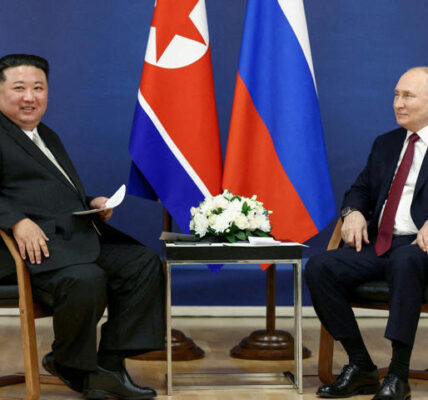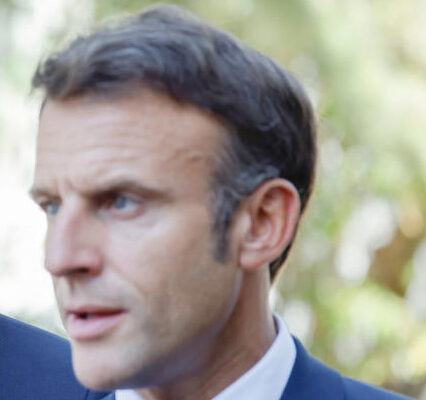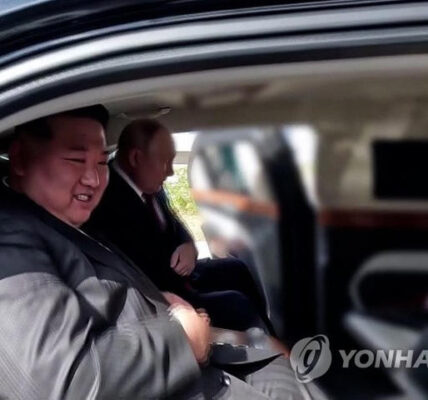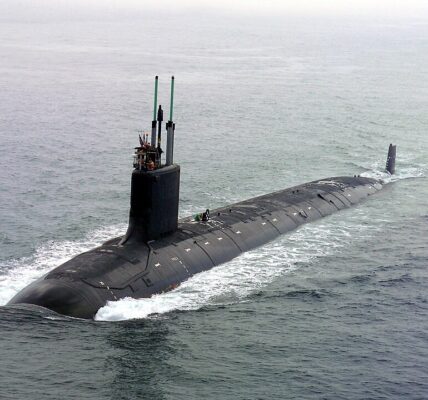- Homepage
- world affairs
- Putin ICC Arrest Warrant: 3 Shocking Failures to Capture Him
Putin ICC Arrest Warrant: 3 Shocking Failures to Capture Him
Putin ICC Arrest Warrant highlights the ongoing evasion of Vladimir Putin from international justice, despite being charged by the International Criminal Court for war crimes in Ukraine. Learn more about the implications of this warrant and why countries are not arresting him.
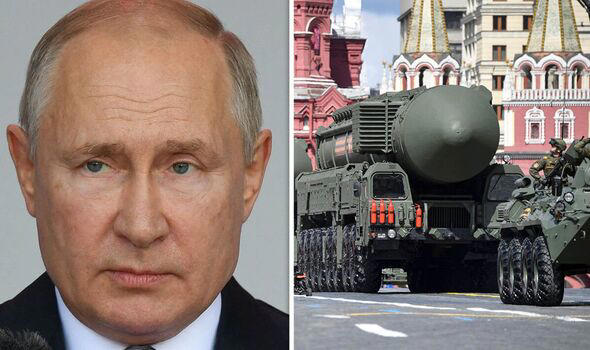
© Pixabay
Table of Contents
TogglePutin ICC Arrest Warrant: A Challenge to International Justice
The Putin ICC Arrest Warrant has become a focal point in international relations since its issuance on March 17, 2023. The International Criminal Court (ICC) charged Russian President Vladimir Putin with serious war crimes in connection to the conflict in Ukraine. Specifically, the warrant accuses him of orchestrating the illegal deportation of Ukrainian children from occupied areas to Russia, a move that shocked the world. Despite the global outcry, the Russian leader continues to avoid arrest, traveling freely to countries that offer him safe harbor.
The Charges Against Putin
The Putin ICC Arrest Warrant stems from the ICC’s investigation into Russia’s military actions in Ukraine. One of the most alarming allegations involves the forced deportation of children from Ukraine’s occupied regions to Russian territory. According to reports, these children were taken without the consent of their families, raising fears of ethnic cleansing and other human rights abuses. The ICC determined that these actions amounted to war crimes, prompting the unprecedented step of issuing an arrest warrant for a sitting head of state.
Putin is the first leader of a major global power to face such a charge from the ICC. The issuance of the Putin ICC Arrest Warrant reflects the international community’s growing concern over the atrocities committed during Russia’s invasion of Ukraine. However, the road to justice is proving more complex than anticipated, as the Russian president continues to evade arrest.
Why Hasn’t Putin Been Arrested?
Despite the seriousness of the Putin ICC Arrest Warrant, the Russian leader remains free. This is largely due to the fact that not all countries are bound by the ICC’s authority. Nations that have not ratified the Rome Statute, the treaty that established the ICC, are not legally required to comply with its decisions. This loophole allows Putin to travel to certain countries without the risk of being arrested.
For example, in 2024, Putin visited Turkmenistan to attend an international forum. Although the Ukrainian Foreign Ministry called on Turkmenistan to arrest him under the Putin ICC Arrest Warrant, the country did not take action. This is because Turkmenistan is not a signatory to the Rome Statute, meaning it is not obligated to implement the ICC’s rulings.
Similarly, Putin visited Mongolia in September 2024, another country that has not ratified the Rome Statute. Despite calls from Ukrainian officials and human rights organizations, Mongolia also chose not to detain the Russian president. This highlights a significant challenge in enforcing the Putin ICC Arrest Warrant—while some countries may support the ICC’s goals, they are not legally required to carry them out.
The Limited Reach of the ICC
The case of the Putin ICC Arrest Warrant underscores the limitations of the International Criminal Court in pursuing justice. Although the ICC has the authority to issue warrants for war crimes and other serious violations of international law, its enforcement power is limited. Only the countries that have ratified the Rome Statute are legally obligated to comply with the court’s rulings.
As of now, over 120 countries have ratified the Rome Statute, giving the ICC jurisdiction in these nations. However, key global powers like Russia, the United States, China, and India are not signatories. This lack of universal participation creates a significant gap in the ICC’s ability to bring high-profile individuals like Putin to justice.
The Putin ICC Arrest Warrant also highlights the complex nature of international politics. Even among countries that support the ICC, there are often political and diplomatic considerations that prevent them from taking action. For instance, countries with strong economic or military ties to Russia may hesitate to arrest Putin out of fear of damaging these relationships.
Friendly Nations Offer Putin Safe Haven
One of the main reasons Putin continues to avoid arrest is his strong network of allies. The Putin ICC Arrest Warrant may apply in many countries, but the Russian leader strategically limits his travel to nations that are either not ICC members or are unlikely to enforce the arrest. Countries like Turkmenistan and Mongolia, which have hosted Putin, fall into this category. By carefully selecting his travel destinations, Putin has managed to evade justice while still engaging in international diplomacy.
These visits also serve a symbolic purpose. Putin’s appearances at international events in countries that do not recognize the ICC’s authority signal his defiance of Western-led institutions and his confidence in the support of his allies. The Putin ICC Arrest Warrant may loom large in the media, but for now, it has not significantly curbed the Russian leader’s movements.
International Calls for Action
Despite Putin’s evasive actions, the international community continues to pressure for his arrest. Human rights organizations and several governments have repeatedly called for the enforcement of the Putin ICC Arrest Warrant, emphasizing the importance of holding world leaders accountable for war crimes.
The Ukrainian government, in particular, has been vocal in its demands for justice. Ukrainian officials have issued multiple appeals to countries visited by Putin, urging them to comply with the ICC’s mandate. In the case of Mongolia, the Ukrainian Foreign Ministry expressed disappointment at the country’s failure to act on the Putin ICC Arrest Warrant, calling it a missed opportunity to stand up for international law and justice.
What’s Next for the Putin ICC Arrest Warrant?
The future of the Putin ICC Arrest Warrant remains uncertain. While the warrant is a significant step in holding Putin accountable for alleged war crimes, the lack of international enforcement weakens its impact. As long as countries that do not recognize the ICC continue to offer safe haven to Putin, he is likely to continue traveling without fear of arrest.
However, the situation could change if political circumstances shift. For instance, if more countries ratify the Rome Statute or if there is increased diplomatic pressure from the international community, Putin’s ability to avoid arrest may diminish. The Putin ICC Arrest Warrant is an important test case for the ICC and the broader concept of international justice, raising critical questions about the effectiveness of global legal systems in addressing the actions of powerful leaders.
Conclusion
The Putin ICC Arrest Warrant is a landmark moment in international law, but its enforcement remains a challenge. As Putin continues to travel freely to countries that do not recognize the ICC’s authority, the warrant serves as a stark reminder of the limitations of international justice. While there are strong calls for action, political realities and alliances are keeping Putin out of reach for now. Only time will tell whether the international community will be able to bring him to justice.
